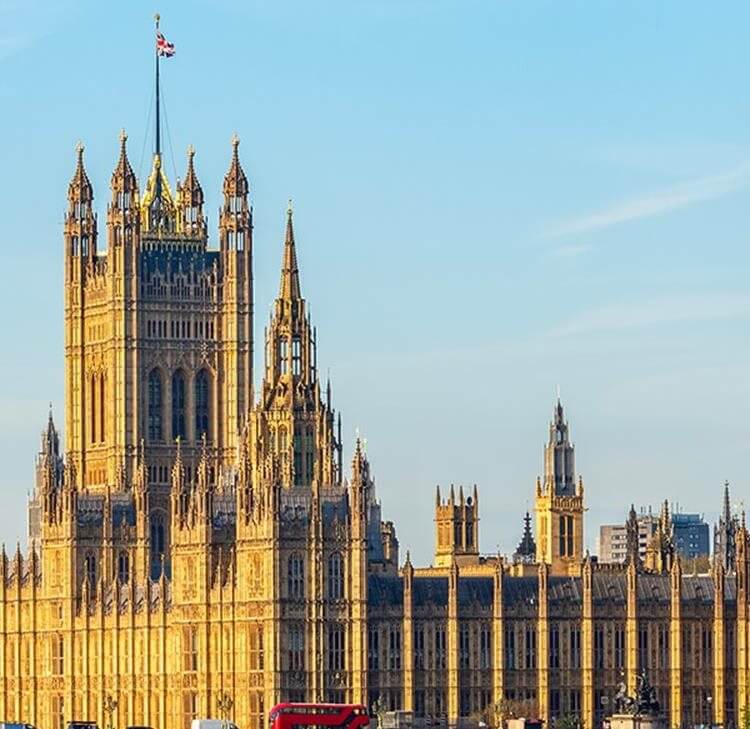On 2 August 2024, the Defamation (Amendment) Bill (the “Bill”) was published by the Irish Government.
The Bill follows on from a number of recommendations which were made in the Report of the Review of the Defamation Act 2009 (published in 2022) and subsequent Draft General Scheme of the Defamation (Amendment) Bill (published in 2023) (the “General Scheme”).
While not all of the reforms proposed by the General Scheme have made it into the Bill (for example, those related to the statute of limitations and jurisdictional forum shopping), it is envisaged that several significant amendments will be made to the current defamation laws. The most significant of these amendments are outlined below.
Removal of Juries in High Court Defamation Actions
The Bill proposes to remove juries from High Court defamation actions. The rationale for this change is to try to minimise the risk of excessive damages being awarded to plaintiffs, to reduce delays and legal costs in proceedings, and to reduce the duration of court hearings. The Law Society of Ireland (“LSI”) has expressed its concern in relation to this proposal, noting that the removal of juries would deepen the divide between the public and the justice system, and could lead to “significant and unintended consequences”.
Introduction of a “Serious Harm” Test
In line with the General Scheme, the Bill proposes that a serious harm test be introduced for defamation proceedings for bodies corporate.
The Bill proposes that a statement concerning a body corporate should not be considered defamatory unless its publication caused or is likely to cause, serious harm to the reputation of the body corporate in the eyes of reasonable members of society. Harm to the reputation of the body is not ‘serious harm’, unless the body can show that it has, or is likely to incur, serious financial loss because of the publication of the statement. This differs from the current position, where a body corporate can bring a defamation action in respect of a statement, regardless of whether it has incurred or is likely to incur financial loss as a result of the publication of the statement.
The LSI has expressed concern over this proposal. In its Submission to the Joint Oireachtas Committee on Justice, the LSI cautioned that it would be difficult to establish a causal link between serious harm and financial loss, when there could be any number of other external factors that have contributed to that loss. Furthermore, the costs of prosecuting or defending such claims where ‘serious harm’ is a requirement are also likely to be increased. It will be interesting to see how this will be debated in the Dáil.
Reform of defences
Several proposals in relation to the reform of various defences have been included in the Bill.
1. Qualified Privilege – Retailers
A new statutory defence has been included for dealing with ‘retail defamation’. This defence can now be used by retailers to counter a defamation claim where it has been made on the basis that the retailer had made an inquiry into whether the customer had paid for goods / services or whether they had proof of payment for such goods / services. Furthermore, retailers can utilise this new provision to defend themselves against a statement that a particular payment method is not acceptable (such as a blocked credit card or a forged note), provided that the statement was not excessively disseminated and the person who made the statement had a duty or interest in doing so.
2. Absolute Privilege
Section 7 of the Bill expands the territorial scope of the defence of absolute privilege to encompass fair and accurate reports of proceedings held in public or decisions made public by courts established under the law of any state or place. This will amend the current provision that only applies to reports of public proceedings in courts situated in the State or in Northern Ireland.
3. Offer to Make Amends
Section 9 of the Bill amends the definition of ‘an offer to make amends’ in s 22(5) of the 2009 Act (as amended) to specify that the correction and apology, which is included in an offer to make amends, must be published with ‘the same or similar’ prominence as the original defamatory statement. This broadens the original approach which only required the publication of the correction and apology of an offer to make amends to be made ‘in a manner as is reasonable and practicable in the circumstances.’
4. Innocent Publication – Live Broadcast Defence
In relation to a live broadcast, the defence has been broadened by the Bill in line with the approach in other common law countries such as the UK. Where another person, not under effective control by the broadcaster, makes a defamatory comment, the broadcaster will have a defence in relation to this. This is conditional on the broadcaster having taken ‘reasonable and prudent precautions’ to ensure the prevention of defamatory comments being made, and reasonable care during the broadcast, to prevent the making of a defamatory statement. Furthermore, the Bill establishes factors that the court should take into account when determining whether a broadcaster took ‘reasonable and prudent precautions.’
SLAPPS
Part 7 of the Bill reflects the EU's anti-SLAPP Directive (which provides safeguards against manifestly unfounded claims or abusive court proceedings brought against persons on the basis of their engagement in public participation). The provision will allow defendants to apply to the court for an order to strike out a claim that is unfounded and abusive and not genuinely intended to assert or exercise a right. Such claims are often brought to restrict, prevent, or penalise public participation, or take advantage of an imbalance of power between the parties. These measures aim to balance the right of a party to access the courts to protect their reputation, with the defendant's right to fair procedures and freedom of expression.
Norwich Pharmacal procedure
The General Scheme proposed to empower the Circuit Court to hear and determine applications for Norwich Pharmacal Orders (“NPOs”). Such a change would make NPOs more cost-effective and more easily accessible. While the Bill does not address this recommendation, the Department of Justice has suggested this will be a topic that will be brought up as a government amendment during the Bill’s passage through the Oireachtas.
Notice of complaint process
The General Scheme suggested the introduction of a statutory Notice of Complaint process to enhance the obligations placed on intermediary service providers (“ISPs”) when handling complaints related to defamatory content. The General Scheme suggested a period of five working days within which ISPs are to acknowledge receipt of complaints and another five days to facilitate forwarding the Notice of Complaint to the author of the Statement. The General Scheme proposed that if a response is not received from the author, access to the statement must be disabled or restricted within 5 days of confirming receipt of the Notice of Complaint. This would also apply if the author, for some reason, couldn’t be contacted. This process would have placed more burdensome obligations on ISPs, than those already imposed by the Digital Services Act which requires ISPs to act “expeditiously” to remove or disable access to illegal content.
In circumstances where the Bill does not currently include provision for the Notice of Complaint process, it appears ISPs will continue to be governed by the Digital Services Act, even in relation to allegedly defamatory content.
Alternative Dispute Resolution
The Bill proposes to place enhanced obligations on solicitors, to inform their client of the availability of specified alternative dispute resolution procedures prior to issuing proceedings. For example, if relevant, a solicitor should inform their client of the role of the Press Council and the availability of making a complaint where it concerns the conduct of its members. Additionally, where relevant, solicitors should provide the client with information regarding the right of reply available under the Broadcasting Act 2009.
Responsibility of Social Media Platforms (Defamation Amendment) Bill 2022 (the “Social Media Bill”)
The Social Media Bill is a separate bill that was published in March 2022. It is currently before the Dáil for debate. If enacted, the Social Media Bill will transfer civil responsibility for defamation claims from the alleged defamer to the social media platform where the defamatory utterance occurred. This liability arises where the social media company cannot identify the person who published the defamatory content on their platform. Under the Social Media Bill, ISPs may also find themselves accountable for defamation if they fail or refuse to divulge the identity of an offending account holder. It may be a while before we see the Social Media Bill finalised and signed into law, but it is legislation that ISPs should certainly keep their eye on.
Conclusion
The majority of the Bill’s provisions as outlined above, are welcomed by the public and legal practitioners. However, it will be interesting to see how the proposed changes will be debated before the Dáil and ultimately finalised. In the meantime, it is imperative that individuals and entities take note of the potential changes to defamation law in Ireland. Particularly, ISPs, such as social media companies, should be aware that their take down obligations may become more burdensome under the proposed legislative reforms. Such service providers should ensure their notice and take down policies and mechanisms are updated to reflect and abide by any changes.
Our people

Darragh Killeen
Partner











































